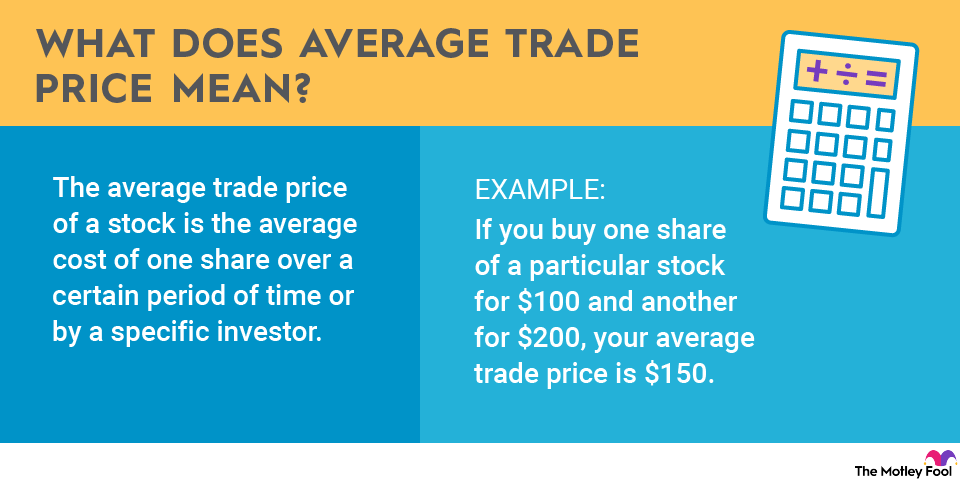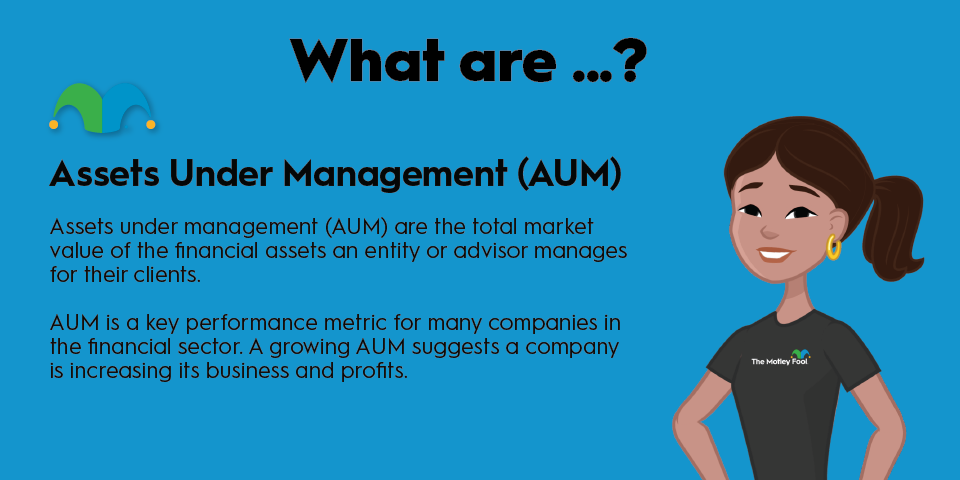AAA bonds are bonds with the highest credit rating from a major credit rating agency. They are considered low-risk investments and are often recommended for conservative investors. AAA bonds are considered to have the least risk of default since they are typically issued by companies or entities with a strong ability to pay the interest and principal.

What are AAA bonds?
AAA is the highest rating given by the three major credit rating agencies: Moody's Corp (MCO -2.18%), Fitch, and Standard & Poor's, which is under the umbrella of S&P Global (SPGI +0.24%).
To earn an AAA rating, a bond must be considered very high quality with a low likelihood of default, and the bond issuer must have an extremely strong capacity to meet their financial obligations. AAA bonds can provide predictable and stable returns, helping investors diversify their portfolios.
Bonds at this tier have a lower yield than other tiers because of their high credit rating. Companies with a AAA rating also are more capable of borrowing large sums of money.
Because AAA bonds are issued by financially strong companies or government entities with a solid record of paying their debts, the likelihood of the issuer not paying back lenders is very low.
Types of AAA bonds
AAA bonds can be secured or unsecured, and they can be issued by corporations, municipalities, or the government. Secured bonds are typically supported by collateral such as real estate, while unsecured bonds do not have collateral, requiring investors to rely more on the issuer's creditworthiness.
Corporations will sometimes issue bonds to finance operations or expansions. Some corporate bond issuers offer convertible bonds, which can be exchanged for common stock shares.
Municipalities and governments often issue bonds to raise money to fund projects, pay deficits, and manage inflation. Bonds are a way for governments to borrow money, similar to how individuals borrow money by taking out a loan.
Criteria for AAA bonds
AAA bonds meet strict criteria that indicate the issuer has a high creditworthiness and a very low risk of default. Among numerous requirements for Moody's, Standard & Poor's, and/or Fitch to assign a bond an AAA rating, the issuer must have a strong and stable financial foundation with the ability to easily meet financial obligations. These agencies also require that the issuer have a very low risk of being unable to repay the principal and interest.
To assign an AAA rating, these rating agencies perform a thorough analysis of the issuer's financial health, including factors like revenue stability, debt levels, and other metrics that would indicate overall financial strength. Other important factors that can affect whether or not they receive a AAA rating include the issuer's business model, market position, and management quality.
Related investing topics
Investing in AAA bonds
If you want to invest in AAA bonds, you have a few options. First, you can invest in individual AAA bonds through most brokerage accounts based on your specific needs and risk tolerance. If you want to buy AAA bonds directly from the U.S. government, you can purchase U.S. Treasury bonds through the TreasuryDirect platform or on the secondary market through your brokerage platform.
However, you don’t have to invest directly in AAA bonds to gain exposure to these assets. Some investors may prefer bond funds like bond exchange-traded funds (ETF) to enjoy greater diversification. A few examples include the iShares 5-10 Year Investment Grade Corporate Bond ETF (IGIB -0.34%) and the iShares Broad USD Investment Grade Corporate Bond ETF (USIG -0.29%).
AAA bonds can provide a consistent and dependable income from regular interest payments. The price of these bonds is relatively stable, so price fluctuations are more minimal than bonds at other tiers.



















